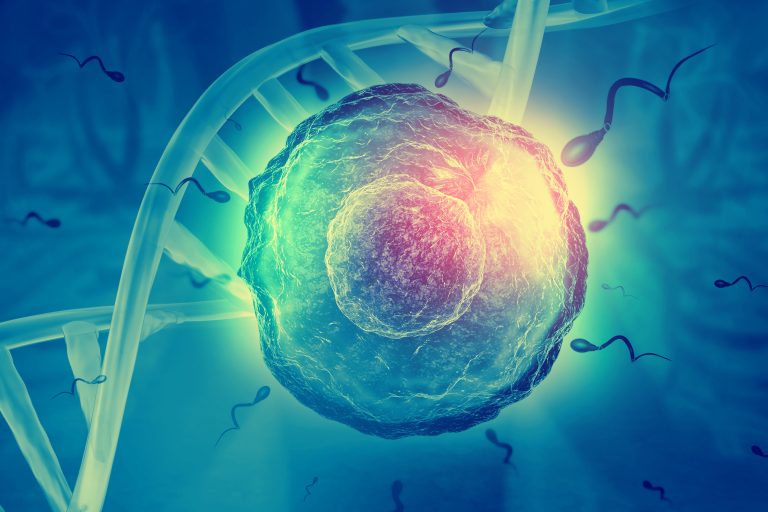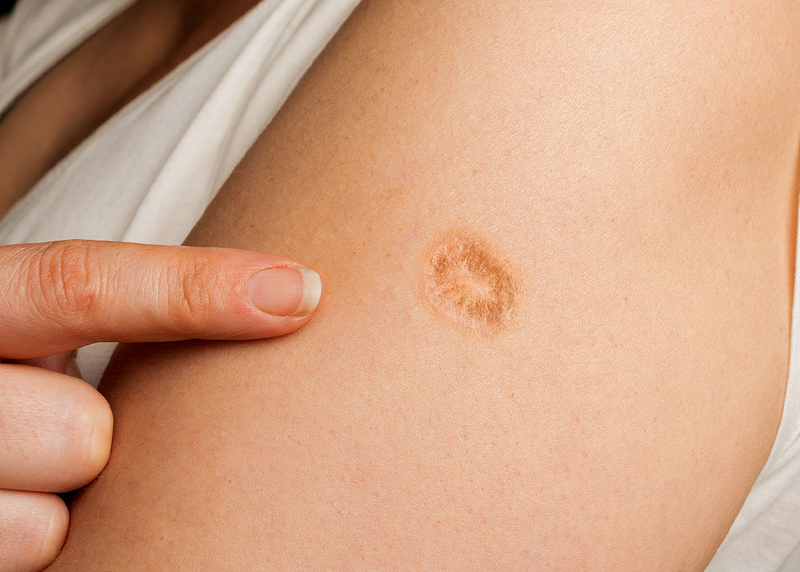In a new study published in the journal Andrology, researchers found what they believe to be a temporary decline of sperm concentration and total motile count among sperm donors in Israel three months following vaccination with Pfizer/BioNTech’s BNT162b2 (also known as “Comirnaty”) messenger RNA (mRNA) COVID-19 biologic.1
Study Investigates the Effect of the Pfizer COVID Biologic on Semen Production and Concentration
Since the introduction of COVID vaccines in early 2021, there have been concerns regarding the effects of the shots on fertility because reproductive toxicity was not evaluated during their clinical trials.2 3
In an effort to understand the effects of BNT162b2 on semen parameters, researchers in Israel conducted a study that investigated 220 semen samples from 37 donors collected at the Shamir, Sheba, and Herzlyia Medical Centers in Israel. Each of the participants who were sperm donors received two doses of BNT162b2 and were considered fully vaccinated one week after the second dose. Participants were also required to take a polymerase chain reaction (PCR) test and/or a serological test to ensure they were not infected with the SARS-CoV-2 virus. No positive cases were documented.4
The study was conducted in four phases that included a baseline or pre-vaccination phase that included one to two semen samples per donor, short-term evaluation phase (one to three samples 14 to 45 days post vaccination), intermediate-term evaluation phase (one to three samples 75 to 150 days post vaccination) and long-term evaluation phase one to three samples 150 days post vaccination).5
The end points that were measured to determine sperm parameters included semen volume, sperm concentration, overall sperm motility, and total motile count comparison between the four phases of the study.6
Results Showed Reduction in Sperm Concentration
The study’s findings showed what the researchers termed as a “selective temporary” decline of sperm concentration and total motile count three months post BNT162b2 shots followed by recovery among the sperm donors. The researchers state:
While on first look, these results may seem concerning, from a clinical perspective they confirm previous reports regarding vaccines’ overall safety and reliability despite minor short-term side effects. Since misinformation about health-related subjects represents a public health threat, our findings should support vaccination programs. Further studies concentrating on different vaccines and populations (ex. Subfertile patients) are urgently required.7
A 2021 Study Showed That mRNA COVID Biologics Did Not Decrease Sperm Count
A study published in June 2021 in the Journal of the American Medical Association showed that there were no significant decreases in any sperm parameters among a small cohort of 45 healthy men before and after two doses of either the BNT162b2 biologic or Moderna/NIAID’s mRNA-1273 (or “Spikevax”) COVID biologic.
The researchers stated:
Because the vaccines contain mRNA and not the live virus, it is unlikely that the vaccine would affect sperm parameters.8
When the study was published, Jesse Ory, MD, a urology fellow in infertility/andrology at the University of Miami Miller School of Medicine and a co-author of the study, said in an interview:
It was an unknown area that was making guys nervous to get the vaccine. But even in guys who have low sperm count who may be worried about their fertility, they don’t need to worry that this vaccine will impact their fertility any further.9
If you would like to receive an e-mail notice of the most recent articles published in The Vaccine Reaction each week, click here.
Click here to view References:1 Gat I et al. Covid-19 vaccination BNT162b2 temporarily impairs semen concentration and total motile count among semen donors. Andrology June 17, 2022.
2 Paharia P. The effect of the COVID-19 BNT162b2 vaccine on semen parameters among semen donors. News-Medical.net June 21, 2022.
3 Gonzalez D et al. Sperm Parameters Before and After COVID-19 mRNA Vaccination. The Journal of the American Medical Association 2021; 326(3): 273-274.
4 Gat I et al. Covid-19 vaccination BNT162b2 temporarily impairs semen concentration and total motile count among semen donors. Andrology June 17, 2022.
5 Ibid.
6 Ibid.
7 Ibid.
8 Gonzalez D et al. Sperm Parameters Before and After COVID-19 mRNA Vaccination. The Journal of the American Medical Association 2021; 326(3): 273-274.
9 Rodriguez A. Does COVID-19 vaccine cause infertility in men? Study shows mRNA vaccines do not decrease sperm count. USA Today June 21, 2021.














3 Responses
Had proper testing and trials been done to conclusion, there would be results and concrete data to answer many of these questions. Instead, the mRNA gene therapy injection campaign is like a pay-as-you-go-scheme. You pay dearly the longer it is allowed to go on.
Junk science.
I reviewed the references.
One study in isrial showed decrease in volume, concentrateion, mobile.
The other study shows an increase in volume, constration, mobility.
Both study we’re the same age men, same vaccine, and same time between vaccine and samples.
Is one study lieing, cheating…
Perhaps it was mental stress
The Florida study was done sooner and men felt relived that they were protect, while in isrial they were worried the vaccine would make them sick.
Or men fertility change with season, & weather. One study was done at the end of mateing season while the other was done at the beginning of mateing season. Both study’s we’re design and successful.
No relyable information was discovered in the studies. Article poor written.
The title should say 2 studies revile conflict conclusion.
Why would they state not an issue when they need to continue the study at least going out two years and not a few months? Reminder: Malone’s mRNA study of animals injuries and death began at month three and extended out two years upon which 100% died. For an experiment to determine sperm concentrations they should extend the study to two years. Why do I feel that somehow $ bribes were involved to control the narrative. Sorry – too obvious that health and political officials can no longer be trusted.